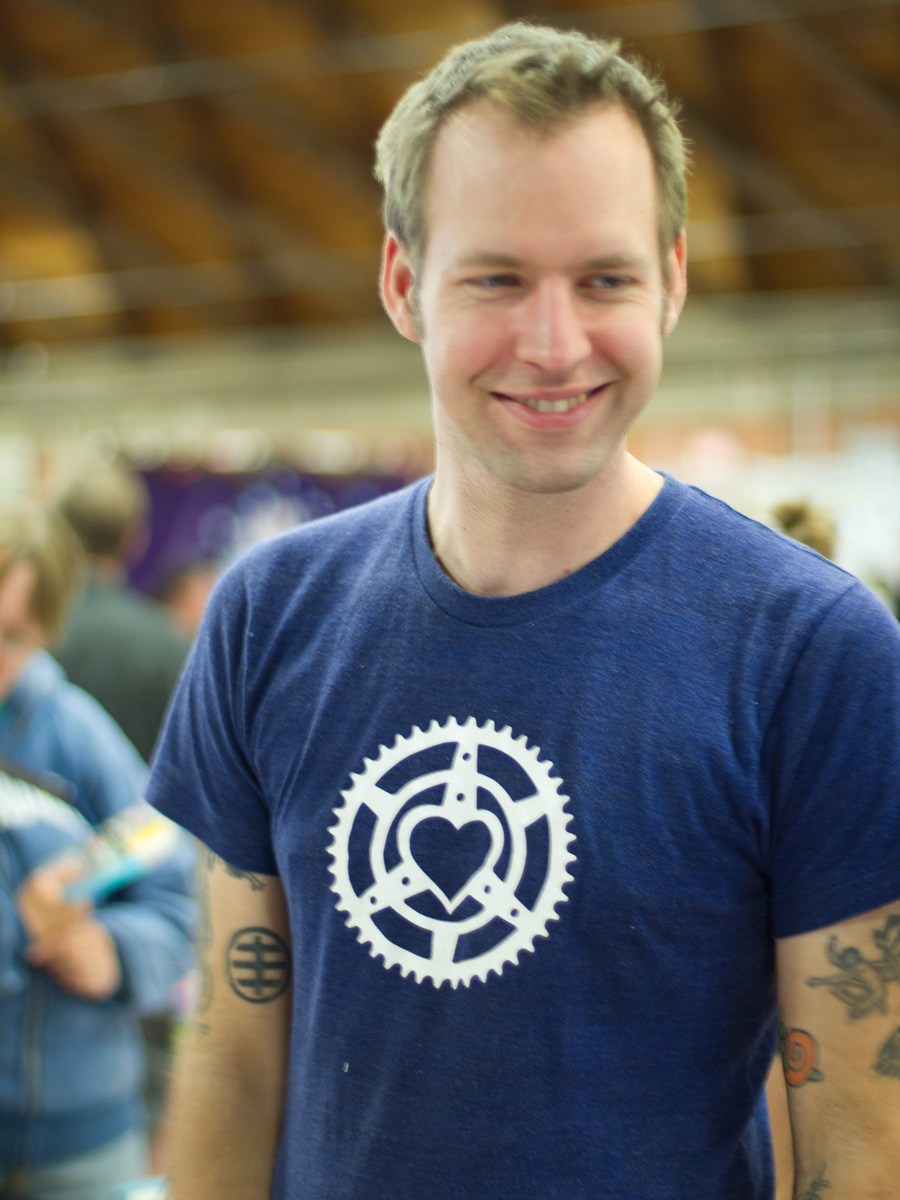
Rocking the Spectrum with Joe Biel – #317
What You Will Hear (note: timestamps represent audio, video may differ)
- 0:00 – Cool Fact of the Day
- 1:20 – Fresh Books
- 3:56 – Introducing Joe Biel
- 4:38 – Punk rock, zines & Joe’s story
- 9:11 – Learning values from punk rock
- 10:33 – Discovering & overcoming Asperger’s symptoms
- 18:17 – Writing Good Trouble
- 23:27 – Running a business with Asperger’s
- 29:41 – The broken publishing system
- 32:45 – Determining a quality book
- 38:58 – Dealing with parties & meetings
- 47:18 – Stress management habits and tips
- 54:41 – Recognizing feelings
- 54:41 – Advice for someone in the spectrum trying to start a business
- 1:00:41– Top 3 recommendations to kick more ass and be Bulletproof!
Featured
Fresh Books code: Bulletproof Radio
Good Trouble: Building a Successful Life and Business with Asperger’s
Resources
The Code of the Extraordinary Mind
Bulletproof
Questions for the podcast?
Leave your questions and responses in the comments section below. If you want your question to be featured on the next Q&A episode, submit it using our Podcast Voicemail! You can also ask your questions and engage with other listeners through The Bulletproof Forum, Twitter, and Facebook!
Subscribe To The Human Upgrade
In this Episode of The Human Upgrade™...
BOOKS
4X NEW YORK TIMES
BEST-SELLING SCIENCE AUTHOR
AVAILABLE NOW
Smarter
Not Harder
Smarter Not Harder: The Biohacker’s Guide to Getting the Body and Mind You Want is about helping you to become the best version of yourself by embracing laziness while increasing your energy and optimizing your biology.
If you want to lose weight, increase your energy, or sharpen your mind, there are shelves of books offering myriad styles of advice. If you want to build up your strength and cardio fitness, there are plenty of gyms and trainers ready to offer you their guidance. What all of these resources have in common is they offer you a bad deal: a lot of effort for a little payoff. Dave Asprey has found a better way.








